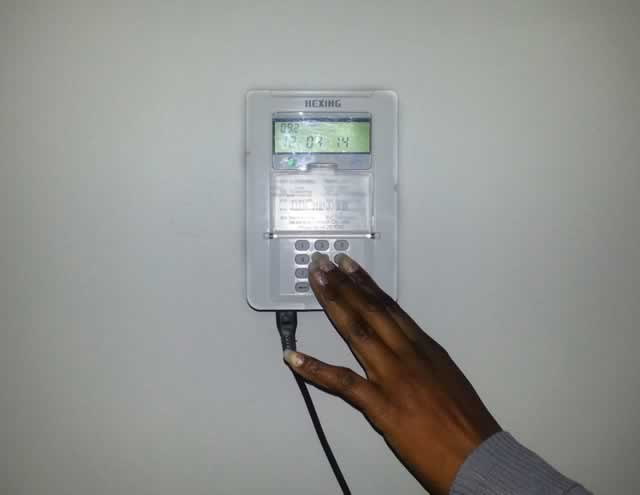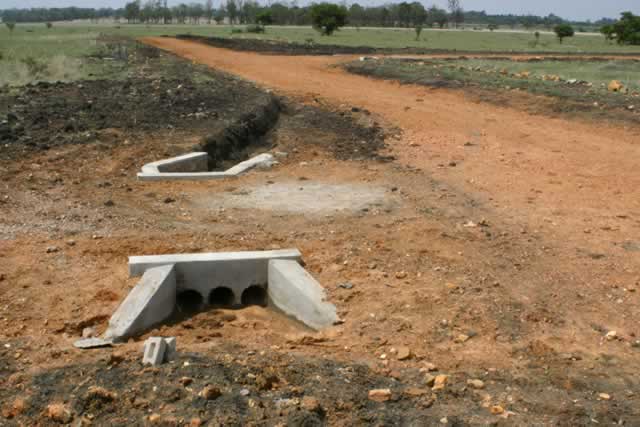ZERA blocks tariff increase

Felex Share Senior Reporter
The Zimbabwe Energy Regulatory Authority (ZERA) has shot down a proposal by Zesa Holdings to increase electricity tariffs by 49 percent, declaring the average power charge should remain at 9,86 cents per kilowatt hour this year.
The regulatory authority said it had considered the performance of the economy as well as efforts being made by Government to improve the ease of doing business in the country.
This brings relief to industrial and domestic consumers who had argued that any hike would increase the cost of producing goods and services.
The Zimbabwe Electricity Transmission and Distribution Company (ZETDC) had proposed that the average tariff be raised to 14,69 c/kWh.
ZERA board chairperson Dr Ester Khosa said there would be no power tariff increase this year.
“After duly considering the tariff application, the written and oral submissions from various consumer groups and stakeholders as well as facts and evidence provided by ZETDC, the ZERA board on 14 July 2016 made a determination that the current tariff of 9,86c/kWh be retained for the year 2016,” she said.
“In coming up with the decision to retain the current tariff levels, the regulator considered the performance of the economy in 2015 and 2016 and the need to support Government in reducing the cost of doing business.”
Zesa had argued that they needed to pay for power imports the country was getting from regional countries such as South Africa and Mozambique.
All the power imports are prepaid, meaning the power utility pays regional suppliers first before getting supplies.
Zesa also said it needed to finance power projects currently under way such as expanding capacity at Kariba South hydro-power station by 300MW and Hwange by 600MW.
The new determination means Zesa has to cut on its budget.
Dr Khosa said ZERA would engage an international consultant to examine underlying cost structures of Zesa and recommend potential areas of cost savings.
“This is key in ensuring sustainability given the increased cost of supply due to changes in the energy mix,” she said.
“Furthermore, there is need to reprioritise new projects, improve revenue collection given the high levels of debt and reduce losses. The engagement of a consultant is in line with Sections 4 (b) and (g) of the Energy Regulatory Authority Act which provide for the authority’s mandate to create and promote an efficient energy industry as well as effective competition, respectively.”
Zesa is owed about $1 billion by consumers and seems not to have adequate strategies in place to recover the debt.
As part of the tariff review process, ZERA conducted consultations with various stakeholders who included consumers such as miners, farmers and industrialists.
The consultations were done through public hearings, individual written submissions which included meetings and presentations to principals.
The 49 percent upward review sought by Zesa correspond to a revenue requirement of $1, 2 billion for the year 2016.











Comments